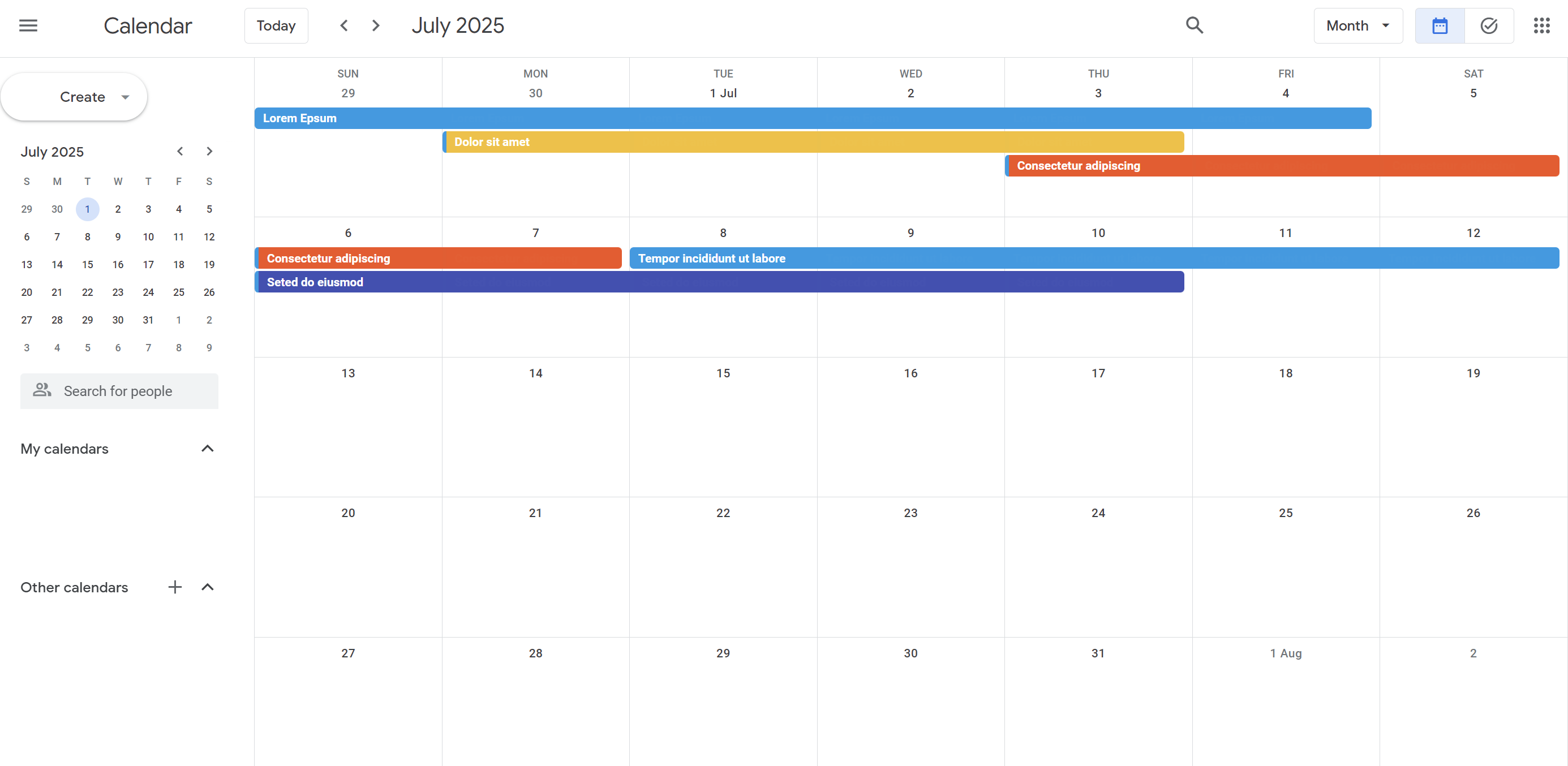
Project Planning is essential part of the project management process that set the foundation for a successful project. This involves defining clear, achievable objectives and outlining the steps necessary to reach them.
Importance of Project Planning
Project planning is crucial as it provides a roadmap for the project, which helps to identify the project’s scop, cost, duration, and quality expectations. Without a well-defined plan, a project is likely to face lot of challenges, like cost overruns, missed deadlines, and unmet objectives.
Here are the essential elements of Project Planning:
- Scope Definition

The scope outlines the project’s boundaries. It includes the project’s objectives, deliverables, and the tasks required to produce them. Defining the scope helps prevent scope creep, which can lead to delays and increased costs.
- Work Breakdown Structure (WBS)
The WBS is a hierarchical decomposition of the project into manageable chunks. It is important to make sure that all of the project scope falls inside the WBS which go down to work packages level, It helps in assigning responsibilities, estimating costs, and scheduling activities.
- Schedule Development
A project schedule outlines the timeline for completing the project activities. Tools like Primavera P6, MS Project, Gantt charts, and network diagrams can help visualize the project timeline and dependencies between activities (tasks).
- Cost Estimation

Cost estimation involves predicting the financial resources needed to complete the project. It considers factors like labor costs, material costs, and machinery costs with contingency reserves.
- Risk Management Plan

Identifying potential risks and planning for them is a crucial part of project planning. A risk management plan outlines the strategies for mitigating or responding to the identified risks by the project team, Primavera P6 helps in creating risk register that maps potential identified risks that affects the project term of scope, activities, schedule, cost resources, …etc. with probability and impact.
- Quality Management Plan
The quality management plan defines the quality standards for the project deliverables and outlines the procedures for meeting these standards.
- Communication Plan

A communication plan outlines how information will be shared among project stakeholders. It defines the communication methods, frequency, and responsible parties.

In conclusion, the project planning phase is a vital step in project management. It sets the foundation for the project and guides its execution. By investing time and effort in project planning, project managers can significantly increase their chances of project success.